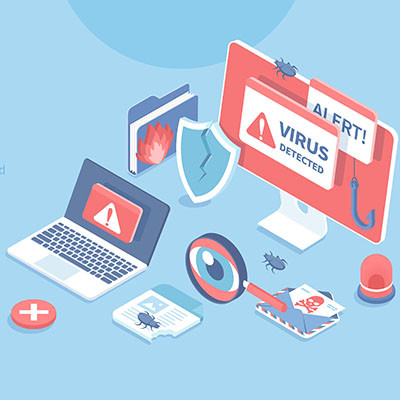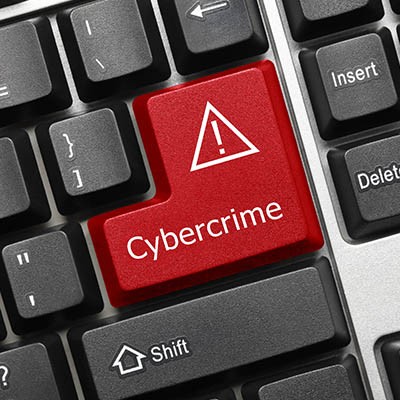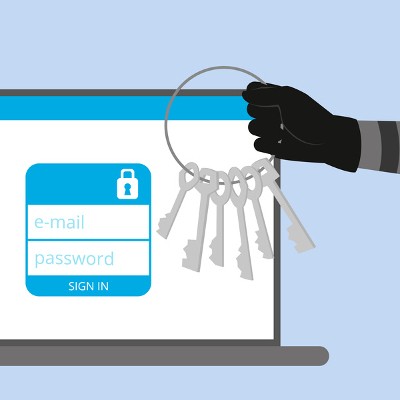If you find yourself in a position where your business has been hacked, it can be devastating for productivity and efficiency, not to mention the security of your company’s assets—personnel or otherwise. It’s quite easy for even seasoned professionals to expose themselves to these attacks, so how should you respond if you’re the one who has been hacked? That’s what we’re going to discuss today.
USA Computer Services Blog
Cybercrime is a problem that is only getting worse, and as you might expect, it’s no good for business. It puts your organization in a position where it has to take steps toward securing its infrastructure, whether you like it or not. Let’s go over some of the problems associated with cybercrime and why you need to implement these measures sooner rather than later.
People’s exposure to cybercrime has been increasing for some time. Today, people with very little coding experience can infiltrate systems and steal data. There is demand for data, and now there is a supply of low-cost--or even free--hacking tools available on the dark web that allows people to get closer to that data. In fact, according to a report by Deloitte entitled Black Market Ecosystem: Estimating the Cost of “Pwnership”, there is a complete economy built around these readily-available hacking tools that are relatively easy to use.
If you’re the CEO of a mass media organization, you should know intimately well how brutal a hacking attack could be for your reputation. This happened to Tim Armstrong, the CEO of AOL. His Twitter account was posting 20 spam-filled tweets every second. As you can imagine, this is a problem for any business that wants to take itself seriously.
Believe it or not, there’s more news in Washington D.C. than matters concerning the upcoming election--namely the fact that the Library of Congress was struck by a DoS (Denial of Service) attack in July, supporting the members of government in their calls for an apparently much-needed update to the Library’s systems.





